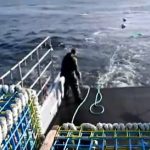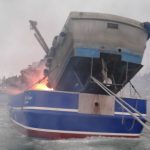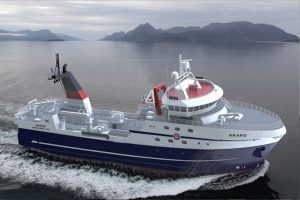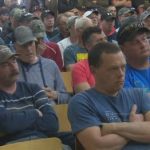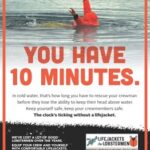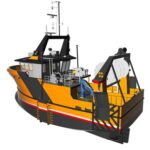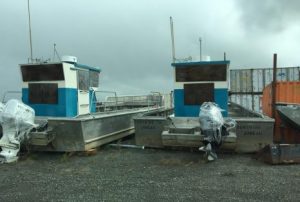DFO forces fishermen to shorten boats, Transport Canada fines them for it
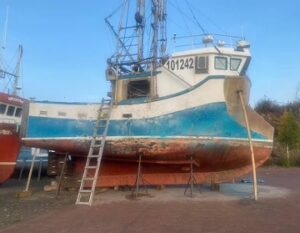 Seaward Enterprises Association of Newfoundland and Labrador (SEA-NL) takes issue with the sudden move by Transport Canada to come down like a hammer on inshore fishermen who’ve had fishing vessels modified or cut in length without advance approval.
Seaward Enterprises Association of Newfoundland and Labrador (SEA-NL) takes issue with the sudden move by Transport Canada to come down like a hammer on inshore fishermen who’ve had fishing vessels modified or cut in length without advance approval.
“Fishermen have been told for years by officials with Transport Canada, Fisheries and Oceans, and their own union that they didn’t need architectural drawings or advance approval to modify or cut a vessel to fish in the under 40’ fleet,” says Ryan Cleary, Interim Executive Director of SEA-NL.
“Now the same fishermen are being told they will be locked up, and/or slapped with million-dollar fines if they didn’t do what they were told they didn’t have to do,” added Cleary. “Sounds to me like grounds for a class-action lawsuit.”
Transport Canada officials say the owners of fishing vessels that have undergone major modifications to cut their overall length to under 40 feet — without having architectural plans (which can cost up to $30,000) approved in advance by the department — could face fines of up to $1 million and/or 18 months in jail.
The tie-ups, inspections, and possible further modifications could also cost fishermen untold tens/hundreds of thousands of dollars.
However, inshore harvesters in this province say it was never their understanding that their plans needed pre-approval. In recent years, dozens of them have purchased over 40-foot fishing vessels from the Maritimes, and had them modified (cut down) to be used in this province’s under 40’ inshore fleet.
The move by Transport Canada Marine Safety and Security underscores the unfairness and chaos that comes from having two maximum base lengths for inshore fishing vessels in Eastern Canada — 39’ll in Newfoundland and Labrador, and 49’11 in the Maritimes.
“DFO’s different policies amount to discrimination,” says Merv Wiseman, a long-time advocate for fishing vessel safety, and an organizer behind SEA-NL. “Why should Maritime fishermen be allowed bigger boats than ours. Is the safety of our fishermen worth any less?”
SEA-NL takes the stand that DFO should set a standard base length for all inshore fishing vessels in Atlantic Canada. Naval architects have said vessel-size restrictions are creating stability concerns in fishing vessels, and potential unsafe conditions at sea.
In June 2018 the House of Commons Standing Committee on Fisheries and Oceans carried out a study of fishing vessel length in Atlantic Canada — recommending a full review of DFO’s NL policy, and consultation with enterprise owners. The review was never carried out.

































